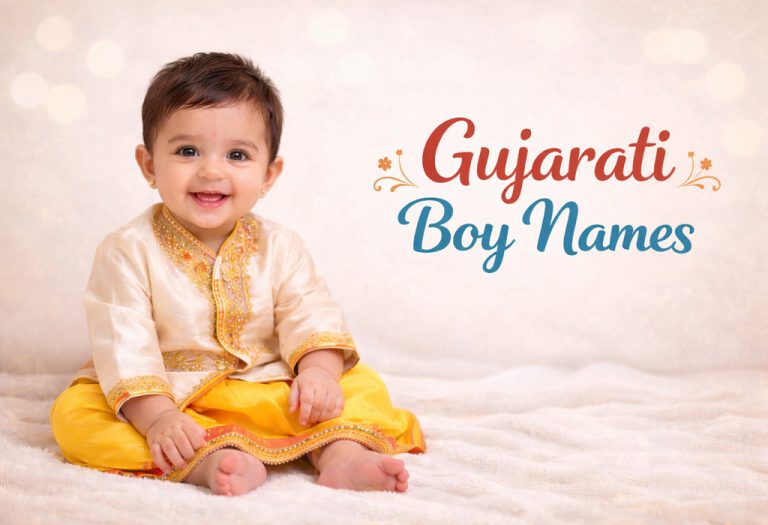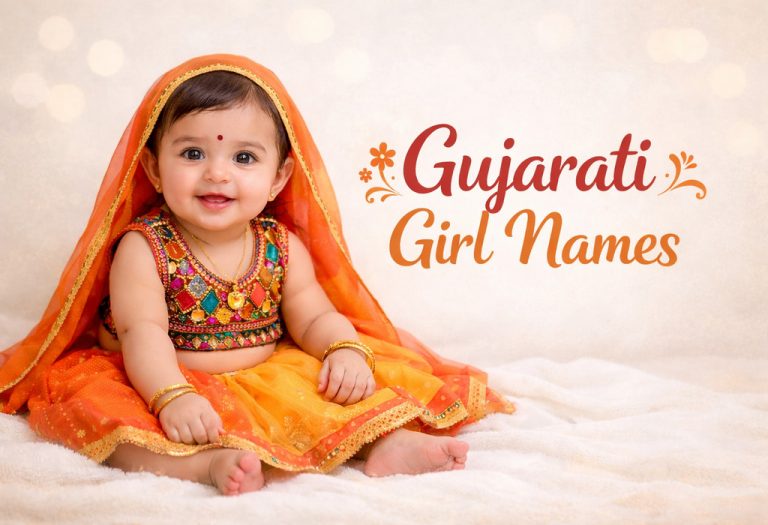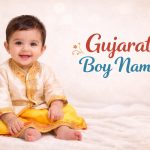200+ Victorian Last Names or Surnames With Meanings
There’s something timeless about Victorian last names or surnames—they carry whispers of an era defined by elegance, restraint, and quiet dignity. The Victorian age, spanning from 1837 to 1901, wasn’t just a chapter of industrial progress and social reform; it was also a time when identity and heritage were woven deeply into names.
Many Victorian surnames were tied to trades, family lineages, or places of origin. Today, they still evoke charm and sophistication, reminding us of handwritten letters, cobblestone streets, and the quiet pride of families who built their legacies one generation at a time.
Popular Victorian Last Names
Many names from the Victorian era carry a timeless charm and a touch of grace. They connect us to an age where names reflected family trades, origins, and values. Just like hands-on activities for kindergarten help children learn through experience, these surnames connect us to stories of tradition and identity in simple, lasting ways.
- Whitmore – Means “white moor,” linked to families who lived near pale open fields or grassy moorlands.
- Fairchild – Means “beautiful child” or “innocent one,” symbolising purity and goodness admired in Victorian families.
- Kingsley – Means “king’s meadow,” representing nobility, pride, and connection to royal service.
- Ashworth – Means “ash tree enclosure,” showing roots in places surrounded by ash trees.
- Caldwell – Means “cold stream” or “spring,” common among families living near flowing waters.
- Davenport – Means “market town by the river,” a name tied to trade and prosperity.
- Ellison – Means “son of Ellis,” a patronymic surname passed down through generations.
- Beaumont – Means “beautiful mountain,” a refined name of French origin favoured by noble families.
- Fletcher – Means “arrow maker,” representing skill, craftsmanship, and hard work.
- Goodwin – Means “good friend,” admired for its warmth, loyalty, and integrity.
- Hartwell – Means “spring frequented by deer,” inspired by the English countryside.
- Morton – Means “town near the moor,” reflecting origins in northern England.
- Pembroke – A noble name tied to the Welsh region, known for its elegance and heritage.
- Radcliffe – Means “red cliff,” linked to landscapes marked by reddish rocks or soil.
- Sterling – Symbolises strength and sincerity, much like the purity of sterling silver.
- Tinsley – Means “Tynni’s meadow,” evoking a calm pastoral image of English meadows.
- Thatcher – Means “roof maker,” an occupational surname rooted in craftsmanship.
- Winchester – Taken from the historic English city, representing learning, heritage, and faith.
- Langley – Means “long meadow,” often used by families from lush, open regions.
- Bennett – Means “blessed,” derived from the Latin name Benedictus, symbolising divine favour.
- Hawthorne – Refers to “thorny bush” or “hedge,” often used for families living near hawthorn trees.
- Chesterfield – Means “field of the fortress,” evoking protection and old English nobility.
- Blackwood – Means “dark forest,” a poetic surname linked to dense wooded areas.
- Livingston – Means “dear friend’s town,” tracing back to Scottish origins and noble families.
- Lockwood – Means “enclosed wood,” reflecting peaceful rural surroundings.
- Cartwright – Means “wagon maker,” an occupational name symbolising creativity and skill.
- Whitaker – Means “white field,” suggesting a connection to bright, open farmlands.
- Langdon – Means “long hill,” a topographic surname describing hilly regions.
- Herynoz – Means “estate of Hæfer’s people,” showing lineage tied to land and legacy.
- Wainwright – Means “wagon builder,” an old English trade name denoting strength and diligence.
Unique Victorian Surnames
Some surnames from the Victorian period stood out for their rarity and charm. These names carried a sense of individuality, often tied to distinct places, professions, or poetic meanings.
- Arkwright – Means “maker of chests,” an old occupational name linked to skilled craftsmen known for their precision and artistry.
- Bellamy – From French origin meaning “fine friend,” this surname reflected kindness and integrity—virtues greatly admired in Victorian times.
- Cholmondeley – A distinguished English name pronounced “Chumley,” it traces back to noble families and elegant estates.
- Eversleigh – Means “from the boar’s meadow,” combining nature and heritage in a name both strong and rare.
- Featherstone – Means “place of the feathered stone,” inspired by unique geological features and poetic imagery.
- Godfrey – Derived from Old English, meaning “peace of God,” a name admired for its spiritual and moral undertones.
- Hollingsworth – Means “enclosure near holly trees,” reflecting closeness to nature and quiet countryside living.
- Inglewood – Refers to “wooded slope,” a serene name from northern England with roots in ancient forested regions.
- Jarvis – Comes from the given name Gervase, meaning “spear servant,” a name with medieval strength and loyalty.
- Kirkwood – Means “church wood,” symbolising faith and community, often used by families near rural parishes.
- Lovelace – A name of French origin meaning “wolf lace,” famously carried by Ada Lovelace, the Victorian mathematician.
- Middleton – Means “middle town,” often describing families who lived between two larger settlements.
- Netherwood – Means “lower wood,” evoking quiet woodland imagery and noble English roots.
- Ormsby – A name of Norse origin meaning “farmstead of Orm,” blending Viking history with English tradition.
- Peverell – Derived from Norman French, meaning “young or little,” often linked to early medieval families of standing.
- Quenby – Means “woman’s settlement,” a name of Old Norse origin that once marked places owned by strong female figures.
- Rainsford – Means “ford of the council,” combining leadership and geography into one distinguished Victorian surname.
- Silversmith – Refers to “worker in silver,” a proud occupational name from families of skilled metal artisans.
- Tolliver – A rare variation of “Oliver,” meaning “peaceful one,” found in English and early American Victorian families.
- Upton – Means “upper town,” used by families living on elevated land or higher village areas.
- Vernon – Derived from Old French, meaning “place of alder trees,” a name of grace and nobility.
- Winslow – Means “hill of friends,” reflecting warmth, loyalty, and a welcoming nature cherished in the era.
- Yardley – Means “enclosed meadow,” commonly tied to families from gentle farmlands and open countryside.
- Redgrave – Means “cleared land,” often referring to agricultural families who worked the fertile soils of England.
- Sutterfield – Means “southern field,” rooted in regional identity and ties to the rural Victorian landscape.
- Claverley – Means “clover meadow,” associated with peaceful green fields and the simplicity of country life.
- Brayton – Means “broad farmstead,” from Old English, symbolising open farmlands and strong community ties.
- Eldridge – Means “wise ruler,” often linked to families respected for leadership and wisdom.
- Pemberton – Means “town on the hill,” showing pride in home and heritage.
- Waverly – Means “quivering meadow,” a literary-sounding name tied to elegance, poetry, and beauty.
Victorian Era Last Names
The last names Victorian-era families carried were filled with heritage and heart. They weren’t just identifiers but reflections of place, work, and family pride. Each one held a quiet story about belonging — to the land, a craft, or a legacy that stood the test of time.
- Ainsworth – Originates from northern England, describing families who lived near a clear, flowing stream or natural enclosure.
- Bromley – Drawn from Old English roots, this surname refers to areas where broom plants flourished in open clearings.
- Carleton – A historic English name for settlers known as “free men,” symbolising independence and self-worth.
- Dunmore – Tied to the image of a “great hill,” this name often appeared in Scottish and Irish landscapes.
- Eastwood – Given to families living beside forests on the eastern side of villages or towns.
- Farringdon – Evokes the vision of fern-covered hills and lush countryside, common in old English regions.
- Granger – Once used for those who managed farms or estates, showing responsibility and leadership.
- Hensley – Connected with meadows where birds gathered, giving it a soft and pastoral charm.
- Irving – A Scottish name linked to the “green river,” representing peace and natural beauty.
- Jennings – A pet form of “John,” often signifying a close-knit family or loyal companion.
- Kensington – Known for its association with the refined London district, it carried an air of elegance.
- Loxley – Rooted in English folklore, this name recalls the woodland home of the legendary Robin Hood.
- Melrose – Of Scottish origin, it described families from the serene moors near the River Tweed.
- Norwood – A location-based surname for those living near northern forests or wooded paths.
- Oakley – Inspired by clearings surrounded by oak trees, symbolising strength and endurance.
- Pennington – From Lancashire, this name represented a settlement tied to the people of Penn or “hill country.”
- Rutherford – A classic Scottish border name connected to river crossings and ancient trade routes.
- Shelton – Described families living in sheltered or elevated villages, known for their close communities.
- Templeton – Carried by families residing near ancient temples or sacred places of gathering.
- Underhill – Perfect for those whose homes sat at the base of rolling English hills.
- Vickers – Linked to the church, often given to families connected to the clergy or caretakers of parishes.
- Wilmot – A gentle name rooted in medieval England, often used for those known for loyalty and care.
- Thorburn – Of Norse influence, combining “Thor” and “bear” to express bravery and protection.
- Drayton – Referred to settlements involved in carting or farming, reflecting a life of steady labour.
- Hadley – From “heather field,” this name captured the calm, open charm of the English countryside.
- Ellwood – Derived from “elder tree woods,” representing strength and harmony with nature.
- Gresham – Associated with grassy homesteads, it carried a feeling of growth and simplicity.
- Marwood – A name connected to wooded lakesides or gentle riverside homes.
- Newberry – Stood for a “new fort” or “new town,” symbolising safety, beginnings, and progress.
- Osborne – Originating from Old English and Norse roots, it signified divine protection and courage.
Victorian English Family Names
The 19th century was a time when family heritage held great significance. The surnames people carried reflected where they lived, what they did, or the values they held dear. Many British last names from the 1800s still feel familiar today, carrying the same warmth, pride, and quiet dignity that once defined Victorian families.
- Aldridge – Drawn from Old English roots, this name described people who lived near ancient ridges or old farm boundaries.
- Baxter – Once used for women bakers, it represented hard work, skill, and the importance of daily bread in every household.
- Clayton – Given to families from places with clay-rich soil, a reminder of life close to the land.
- Dawson – Originated from “son of David,” reflecting lineage and devotion to family faith.
- Elwood – Referred to those living near elder trees, symbolising wisdom, stability, and deep roots.
- Finchley – From a London suburb meaning “clearing of finches,” tied to cheerful countryside imagery.
- Garfield – Originated from “triangular field,” associated with families who worked the land with care.
- Harlow – Meant “rocky hill” or “army hill,” often linked to courage and steadfast character.
- Ingram – A Norman name describing those with strength and leadership qualities.
- Jarrett – Derived from a personal name meaning “brave with a spear,” representing valour and determination.
- Kenwood – Symbolised “royal forest,” connecting to families living near noble estates or the king’s woods.
- Latham – Meant “barn” or “farm enclosure,” common among rural Victorian families.
- Merrick – A Welsh surname meaning “fame and power,” carried by families with strong community ties.
- Nash – Shortened from “atten ash,” meaning “at the ash tree,” rooted in simplicity and rural beauty.
- Orwell – Connected to riverside regions, evoking calm and natural surroundings.
- Pryor – Given to those who worked in or lived near a monastery, showing devotion and discipline.
- Redmond – A name of Irish and English mix, describing a person with red hair or a bold nature.
- Sherwood – From the famous forest in Nottinghamshire, forever linked to tales of Robin Hood.
- Tanner – A trade name for families involved in leatherwork, symbolising patience and craftsmanship.
- Ulric – Of Germanic roots, meaning “wealthy ruler,” used by Victorian families with noble ties.
- Vernham – Derived from “alder-tree village,” connected with places known for their lush greenery.
- Westbrook – Described those living west of a stream.
- Yarborough – A toponymic name linked to open lands and farming regions in Lincolnshire.
- Blakeney – From Norfolk, meaning “dark island,” a poetic name tied to misty coastal landscapes.
- Cavendish – Associated with English nobility, symbolising refinement, heritage, and distinction.
- Denby – A name of Norse origin meaning “village of the Danes,” common in northern England.
- Huxley – Meant “Hugh’s meadow,” often linked with thinkers, writers, and educated families.
- Langridge – Referred to those living near a long ridge or hillside path, showing a connection to the earth.
- Norbury – From “north borough,” referring to a small northern settlement or town.
- Radnor – A Welsh-influenced name tied to hilly regions, representing strength, simplicity, and heritage.
Rich Victorian Surnames
The wealthy and influential families of the Victorian era often carried names that sounded elegant and refined. These Victorian family names reflected prestige, old money, and social standing. Many of them were tied to noble estates, powerful professions, or inherited titles that marked generations of influence and legacy.
- Abernathy – A Scottish name associated with nobility, often linked to landowners and respected clans of the time.
- Beauregard – Of French origin, meaning “beautiful gaze,” favoured by upper-class families for its refined tone.
- Carrington – A name of English gentry, representing families with strong political and social influence.
- Devonshire – Tied to the aristocratic region of Devon, often used by titled landowners and peers.
- Ellington – Known for its musical sound and noble feel, often associated with families of grace and stature.
- Fairfax – Means “fair hair,” but carried a reputation for bravery and high social rank among English nobility.
- Godwinson – A historic name rooted in English royalty, connected to power and leadership.
- Harrington – Popular among wealthy Victorian families, symbolising heritage and class.
- Kingswell – Evokes “the king’s spring,” representing loyalty to the crown and prosperous lineage.
- Lancaster – A royal English surname associated with the House of Lancaster and noble bloodlines.
- Montague – Of Norman-French origin, meaning “pointed hill,” tied to aristocratic families and great estates.
- Pamroke – A Welsh name with noble roots, often found among lords and influential Victorian figures.
- Ravenscroft – Elegant and old English, referring to families who owned large manors or country estates.
- Somerville – Originated from Norman ancestry, known for families who held lands and titles for centuries.
- Thornhill – A refined English name referring to estates near hills covered with thorn trees.
- Vanderbilt – A powerful surname of Dutch origin, symbolising immense wealth and industrial success.
- Ashbourne – Associated with English towns and manor houses, used by families of land and influence.
- Blackstone – Represented sophistication and power, tied to landowners, lawyers, and prominent scholars.
- Crawford – Of Scottish origin, belonging to clans known for leadership and loyalty.
- Eeiadge – Connected with wisdom and high regard, often found among respected Victorian intellectuals.
- Hollenwech – A graceful name that suggested education, property, and upper-class family roots.
- Kensley – Derived from “king’s meadow,” representing families tied to royal patronage and elegance.
- Lytton – Linked to Sir Edward Bulwer-Lytton, a Victorian writer and politician, symbolising intellect and status.
- Merrivale – Means “pleasant valley,” used by families owning scenic lands or country homes.
- Newington – A London-based surname tied to prosperity, often carried by influential merchants.
- Redcliffe – Described families from elevated estates or homes on red cliffs, symbolising power and prominence.
- Stanhope – A distinguished name tied to nobility, representing diplomacy, heritage, and education.
- Trelawney – Of Cornish origin, linked to noble lineage and deep family honour.
- Whitfield – Represented “white fields,” a surname known for calm sophistication and respectability.
- Wyndham – A refined English surname carried by barons and aristocrats known for their estates and influence.
Old Victorian Last Names
Old Victorian surnames carry the quiet grace of history. Many of these names have faded from common use, yet they still whisper of ancestry, craftsmanship, and the values that shaped generations long before us.
- Albright – Rooted in Old English, it described families known for kindness and bright spirits within their villages.
- Branwell – Associated with the Brontë family, this name recalls creativity and literary charm from 19th-century England.
- Coleridge – Connected with art and poetry, it became famous through Samuel Taylor Coleridge, the celebrated Romantic poet.
- Dunford – Often tied to families living near a “dark ford,” a crossing on shaded rivers or streams.
- Elderton – Suggested an old village settlement, often passed down in families rooted in small English parishes.
- Farnsworth – Derived from “fern’s enclosure,” reflecting homes surrounded by ferns and woodland life.
- Grinstead – Refers to a “green place,” likely describing families from lush countryside regions.
- Hollister – A trade name once used for makers of holly goods or those living near holly-covered hills.
- Iverson – Of Norse origin, meaning “son of Ivor,” representing family pride and Scandinavian ties.
- Jolliffe – Meant “cheerful or lively,” used for families known for their warm, welcoming nature.
- Kenrick – Originated from Welsh roots, meaning “bold ruler,” admired for its confident tone.
- Langham – Described a “long homestead,” usually associated with wide farmlands and open estates.
- Mansfield – Tied to families who lived near open plains or fields, reflecting a calm, steady life.
- Norcroft – Comes from “northern small farm,” referring to families who owned modest land in rural England.
- Oldham – A place-based surname for families from the town of Oldham, symbolising steady working roots.
- Pritchard – A Welsh name meaning “son of Richard,” popular among Victorian families of strong faith.
- Quilliam – A Manx name from the Isle of Man, showing Celtic influence and island heritage.
- Rainsley – Derived from “clearing near a stream,” tied to pastoral lands and quiet meadows.
- Selwyn – An elegant name from Old English, meaning “friend in the hall,” associated with nobility and grace.
- Tollman – A trade name for one who collected tolls, representing honesty and civic duty.
- Upjohn – Originated from “son of John,” common among modest families with deep community ties.
- Vickery – Once used for people connected to church service, showing a life of faith and discipline.
- Wainman – Described someone who drove or built wagons, reflecting humble and practical origins.
- Yelverton – Of Norman descent, tied to noble families and old estates in England.
- Beeton – Known from Mrs Isabella Beeton, the Victorian author of household guides, symbolising refinement and homemaking tradition.
- Creighton – Comes from “rocky farm,” representing strength and endurance passed through generations.
- Eastleigh – From “eastern meadow,” a name connected to rural simplicity and soft landscapes.
- Fenwick – A northern English name meaning “marsh farm,” common among families near riverbanks.
- Goddard – Derived from Old German, translating to “divine strength,” representing faith and reliability.
- Haversham – A noble-sounding name tied to small villages and old English manor estates.
Gothic Victorian Surnames
Gothic Victorian surnames carry a mysterious and dramatic air, echoing the dark beauty of the era’s architecture, literature, and emotion. These names feel timeless—rooted in old beliefs, moonlit estates, and hauntingly poetic imagery that shaped the world of Victorian romance and mystery.
- Ashcroft – Inspired by “ash tree farm,” often linked with misty forests and quiet English manors.
- Blackwell – Evokes images of deep springs and hidden wells, a name often tied to mystery and depth.
- Crowhurst – From “crow’s wood,” suggesting an eerie woodland scene filled with echoes of nature.
- Draven – A rare English name that feels both noble and dark, meaning “child of shadows.”
- Evernight – A poetic name symbolising eternal dusk, perfect for families of artistic or literary leanings.
- Grimshaw – Derived from “dark wood,” often associated with power, wisdom, and quiet solitude.
- Halloway – Meaning “holy way,” a name with both sacred and mysterious undertones.
- Islington – Linked to old English boroughs, often appearing in Gothic tales set in dimly lit streets.
- Kingsgrave – Evokes the resting place of royalty, symbolising heritage and eternal remembrance.
- Larkspur – A floral yet haunting name tied to Victorian gardens and unspoken feelings.
- Mortlake – Meaning “stagnant water,” it brings to mind misty marshlands and eerie calm.
- Netherby – From “lower settlement,” a quiet name with dark charm and hidden roots.
- Pendle – Connected with Pendle Hill, known in folklore for witchcraft and ancient stories.
- Ravenhurst – A name full of Gothic energy, combining the imagery of ravens and shadowed forests.
- Sablewood – Suggests dark forests and deep secrets, often tied to families of mystery and allure.
- Thornfield – Known from Jane Eyre, symbolising solitude, passion, and grand, moody estates.
- Umberton – Evokes the earthy tones of dusk and twilight, rooted in the charm of rural England.
- Vexley – A rare name that suggests intrigue, hidden motives, and old family secrets.
- Wolfric – Of Old German origin, meaning “wolf ruler,” tied to strength and primal instinct.
- Nightshade – Inspired by the dark flower, representing beauty laced with danger.
- Craven – Common in Gothic literature, known for its haunting tone and English nobility.
- Ebonhart – Symbolises “black heart,” a name with emotional depth and old-world dignity.
- Gorely – Derived from Old English, suggesting “triangular clearing,” often used in dark tales and legends.
- Harrowden – From “hill of the temple,” carrying a sacred yet sombre presence.
- Lockridge – Suggests a family home near hills and forests, rich with hidden histories.
- Morrigan – Draws from Celtic mythology, symbolising fate, transformation, and strength.
- Neterhoad – Refers to “dark forest below,” creating imagery of mist and secrecy.
- Ravenscar – A coastal name tied to cliffs and stormy seas, dramatic and unforgettable.
- Silvershade – Represents a name of grace and mystery, often connected to nobility and moonlit estates.
- Whitlock – Means “white lock of hair,” a subtle Gothic symbol of uniqueness and fate.
FAQs
1. What made Victorian surnames so distinctive?
Victorian surnames stood out because they often reflected a person’s occupation, birthplace, or even a natural feature nearby. Families took pride in their names, as they represented heritage and identity.
2. Are many Victorian last names still used today?
Yes, quite a few have survived and remain common. Names like Whitmore, Bennett, or Caldwell are still found in modern families. They’ve stood the test of time due to their classic sound, cultural depth, and the sense of continuity they carry from one generation to the next.
3. How can I trace old last names from the 1800s in my family?
Begin by reviewing old census records, parish documents, or family letters, if available. Many online archives now store scanned Victorian-era records that can help uncover ancestral names.
Victorian surnames are more than remnants of the past—they are living connections to a time when names carried deep meaning and pride. In their sound and structure, we can still sense the rhythm of the 1800s—the era of letters, lanterns, and lasting legacy.
Also Read:
Mexican Last Names
Rich or Wealthy Last Names
Polish Surnames With Meanings
Canadian Last Names or Surnames
Scottish Last Names With Meanings
Was This Article Helpful?
Parenting is a huge responsibility, for you as a caregiver, but also for us as a parenting content platform. We understand that and take our responsibility of creating credible content seriously. FirstCry Parenting articles are written and published only after extensive research using factually sound references to deliver quality content that is accurate, validated by experts, and completely reliable. To understand how we go about creating content that is credible, read our editorial policy here.





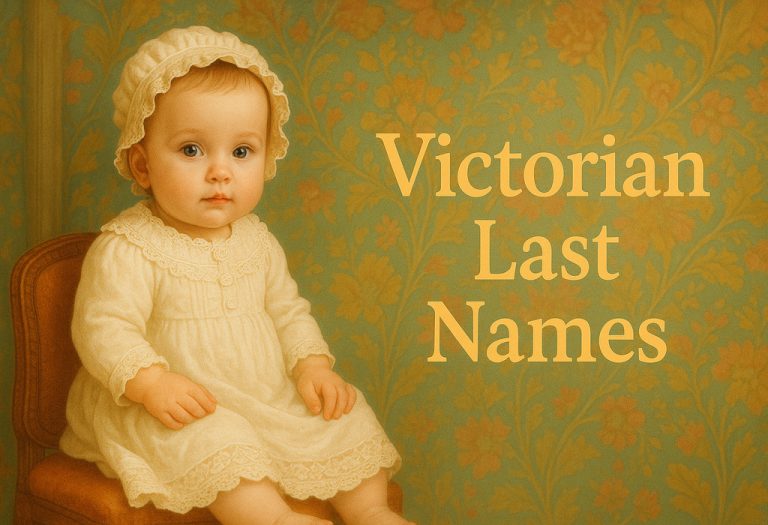
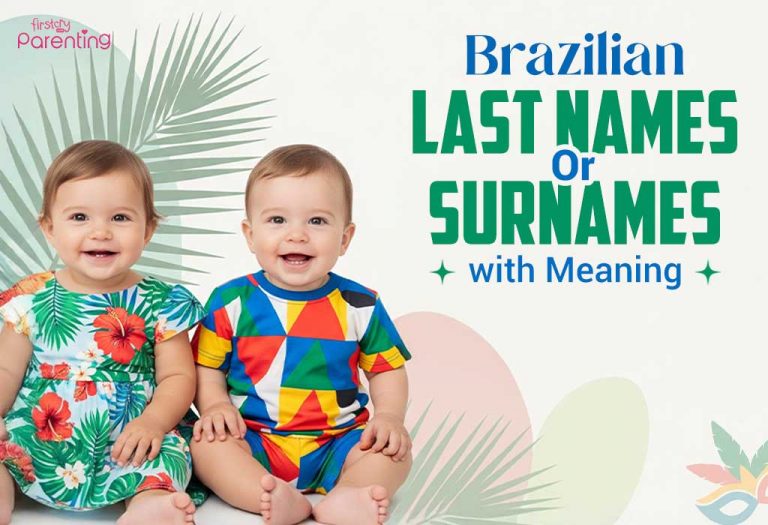
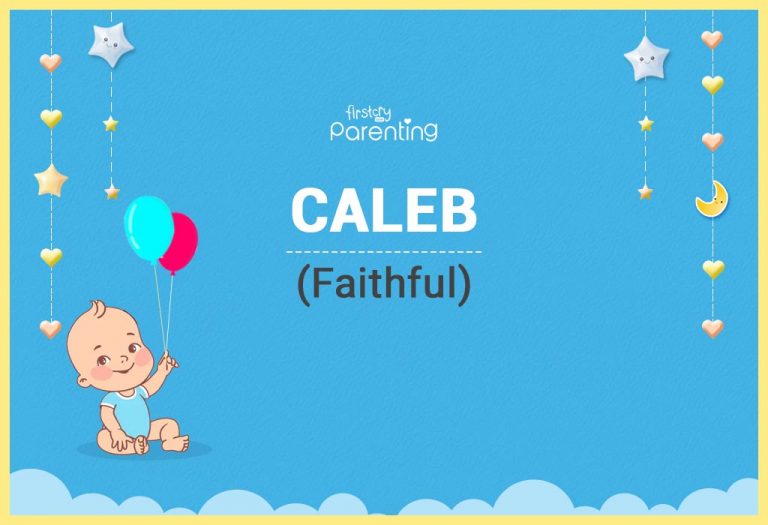
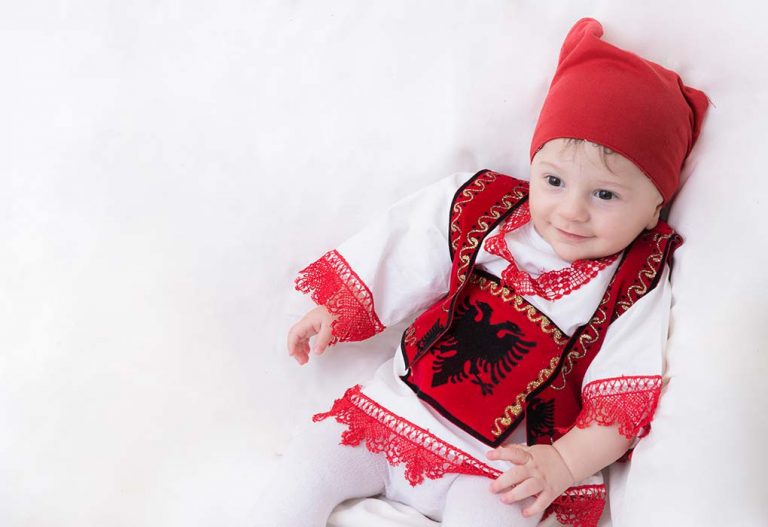
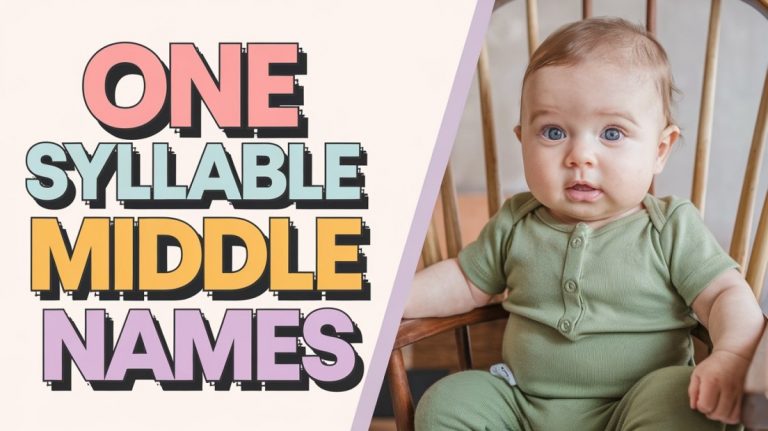

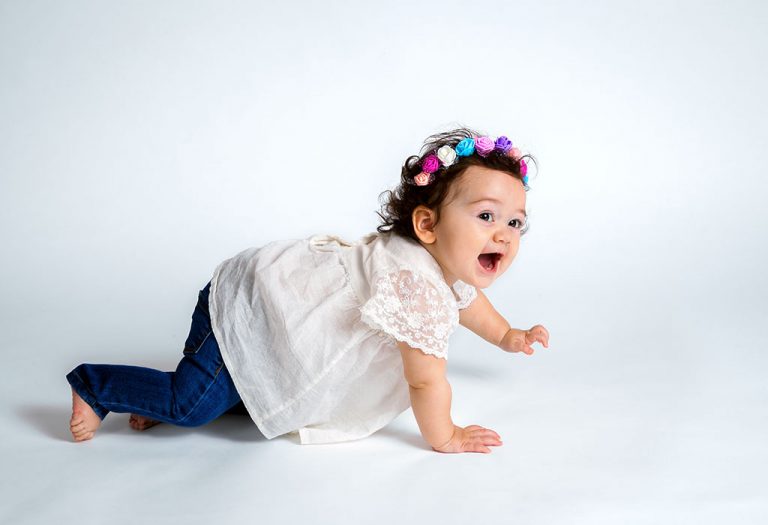

.svg)










